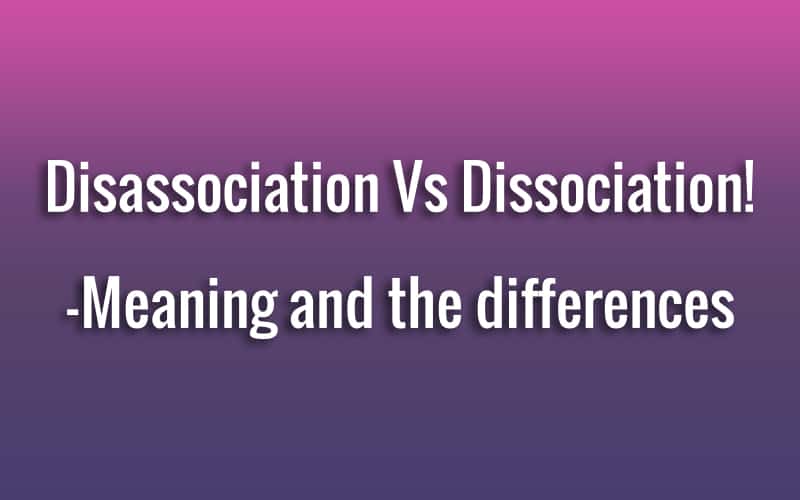Every language plays with several types of words, and so does the English Language. They hold different categories of names to make them easier to remember for the learners. ”Homonyms” falls among those types of word that is slightly related to our topic for today that we are going to clarify. There exist some confusing and bewildering words that sometimes the native speakers find themselves confounded. The words are so similar that they fail to distinguish the difference between them. Others are pronounced exactly the same, but they are spelled differently and have different meanings. Words in the latter category are called homonyms.
Before getting into the main discussion, it is preferable to be properly acquainted with a few examples of homonyms. It will make the next stuff easier to catch!
Examples of Homophone words
Dessert–the final course of a meal
Desert–a hot, dry place
Peace–harmony or freedom from war
Piece–part of a whole
Weather–atmospheric conditions
Whether–if, indicates choices
Definition of Dissociation and Disassociation
Both dissociation and disassociation are serious ways to separate connections. Though these words sound and look the same, their slight differences keep them from being synonyms in a few sectors of their usage.
Both terms refer to the idea of the disconnection or separation of something or from something else or the state of being disconnected while dissociation usually goes along with being a psychological term. To be more precise, dissociation is associated simply with personal identity, keeping souls removed from the social activities, making a split on them. It is a mental process that causes a lack of connection in a person’s thoughts, memory, and sense of identity.
Why are they different?
The above two words are not interchangeable. Both words use the Latin prefix “dis” which means not and the Latin word “sociare” which reflects to unite. Thus both form the definition “cutting ties” or “stop association”.
However, the word dissociation carries only Latin background while disassociation comes from old french sources. Both words have a significant role in the English Language and form the same meaning except when it does not refer to psychology as we have already mentioned.
Dissociate: As a psychological term
The word dissociate is a psychological term that is often used as a mechanism for trauma survivors to remove themselves from a threatening situation within their own minds. It is a separation or split within a person’s psyche. Sometimes it may cause a transient break from reality, detached from real-life sensation.
Being in dissociation, one may feel disconnected from himself and the world around him. Everything surrounded by that personality seems to be unreal and blurry as if nothing makes sense and can instigate the sense.
Some examples can be counted as follow:
- Many children dissociate when they hear their parents fighting.
- After being attacked, Rita entered dissociated state.
So, to refer to this kind of psychology, the word “dissociation” must be used. You can not use “disassociation” in this context.
Disassociation: Stop association
Get out of that psychological era, you are now free to use disassociation whatever you want to mean “cutting ties” and “not joining in”.In between these two words dissociate is much more popular than disassociate as it can be spelled and pronounced easily. So, you may have found that the sources you use often recommend you to use the first one.
To give you a sigh of relief, it should appear that there is no hard and fast rule in using the words. So, you can go for one of the words to refer to the separation.
Now take a look again at a few examples of using the word disassociation–
- He disassociated with his girlfriend after getting involved in quarreling.
- After leaving school, Marry disassociated with all other friends.
If these sentences sound mopey to you you can use dissociate instead of disassociate ( unless you are writing something about psychology)
When can we use each of these words?
To exterminate all of your confusion, this brings out an overall review that will help you to get all your dilemmas vanished. There are only two rules you have to keep in your mind while using dissociation and disassociation. The first one is “you can interchangeably use these two words. In modern usage, dissociation and disassociation are essentially synonyms. As a result, you can use it instead of another one whenever and however you want”.
The second and the last formula is “ you have to pause when you are going to refer to something related to the psychological term. Restrain yourself in case of using disassociation in this particular context. There is only one option available for you to apply here in order to refer to psychology. So, You must go for dissociate here.”


